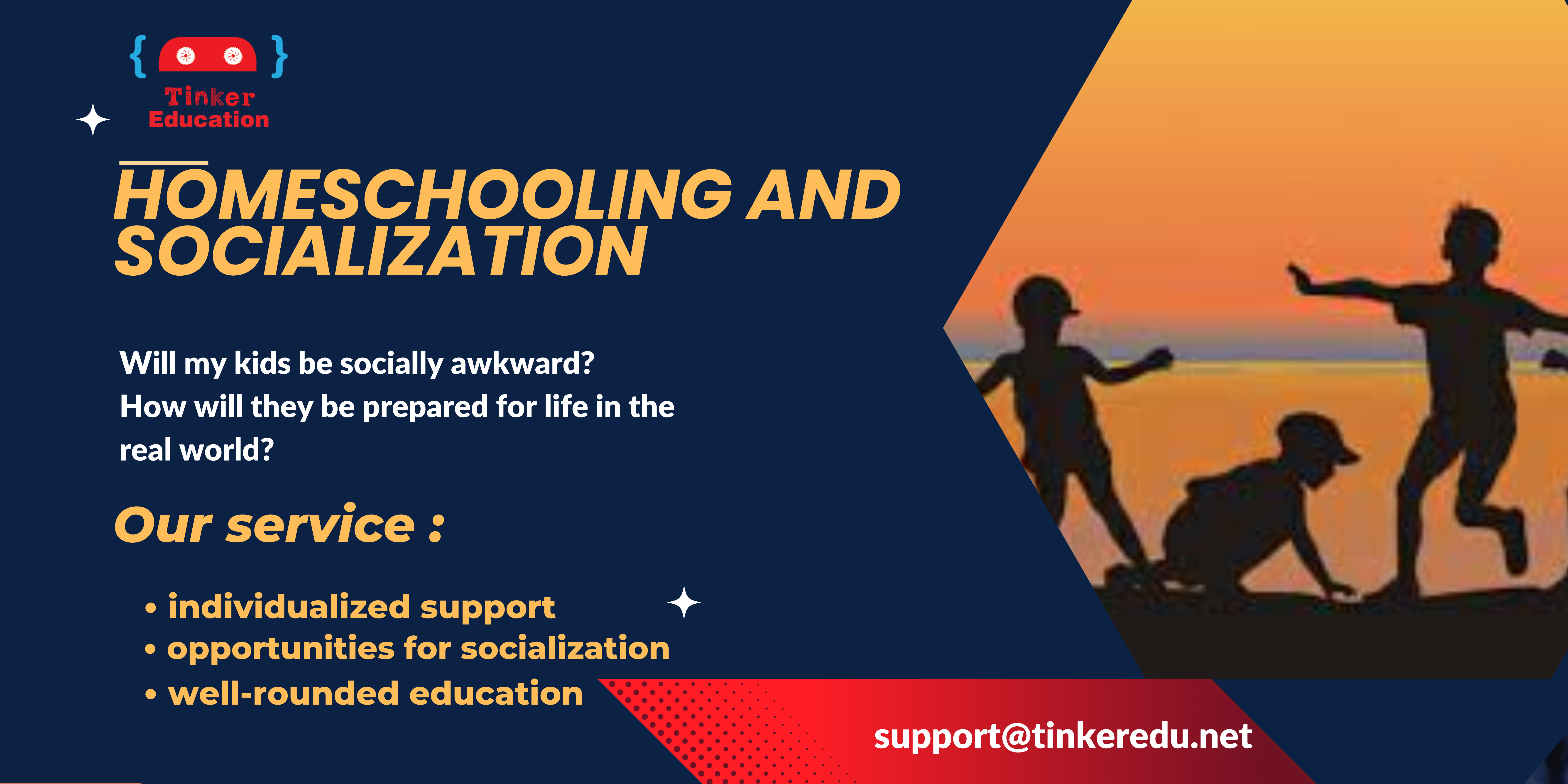Homeschooling has become an increasingly popular choice for many families seeking a more personalized and flexible education for their children. However, one common concern often raised by critics is the potential lack of socialization opportunities for homeschooled students. In this blog post, we will delve into this issue and address some of the common concerns surrounding homeschooling and socialization.
1. Understanding Socialization:
Before addressing the concerns, it’s important to define what socialization truly means. Socialization is the process by which individuals acquire social skills, values, and behaviors that allow them to interact effectively with others. Contrary to popular belief, socialization is not limited to school environments alone.
2. Diverse Socialization Opportunities:
Homeschooled children have ample opportunities for socialization, often in more diverse settings compared to their traditionally schooled peers. Here are some ways homeschoolers can engage in social activities:
a. Local Homeschooling Groups: Homeschooling communities organize regular meet-ups, field trips, and group activities, providing opportunities for children to interact with peers in an educational and social environment.
b. Co-Op Classes: Many homeschooling families participate in cooperative classes, where parents share their expertise to teach subjects of interest. These classes often foster collaboration and social connections among students.
c. Community Involvement: Homeschooled students have the freedom to engage in community activities during regular school hours. They can volunteer, join sports teams, participate in local clubs, and interact with people of different ages and backgrounds.
d. Online Communities: With the advent of technology, homeschoolers can connect with other students globally through online platforms, joining virtual classes, forums, and interest-based groups.
3. Real-World Interactions:
Unlike the structured school environment, homeschooling allows for more real-world interactions. By spending time outside traditional classrooms, homeschooled students frequently engage with individuals from various backgrounds, such as professionals, mentors, and community members. These experiences enhance their ability to communicate with people of different ages and adapt to diverse social settings.
4. Building Strong Family Bonds:
Homeschooling often strengthens family relationships as parents play an active role in their child’s education. Spending more time together allows for deeper connections and meaningful conversations. Additionally, siblings often interact closely, fostering strong bonds and valuable social skills within the family unit.
5. Enhanced Communication Skills:
Homeschooling environments typically have smaller teacher-to-student ratios, allowing for increased individualized attention. This personalized approach often results in improved communication skills, as students have more opportunities to express their thoughts, engage in discussions, and receive constructive feedback.
Conclusion:
While concerns about socialization in homeschooling are valid, the reality is that homeschooled children have numerous opportunities to develop social skills and interact with peers and the community. By actively participating in local homeschooling groups, co-op classes, community activities, and online communities, homeschooled students can thrive socially while receiving a tailored education. Ultimately, it’s important to recognize that socialization is not limited to a traditional school setting, and homeschooling provides unique avenues for social growth and development.



How much are you changing for home schooling British system grade 9?
Hi Mary! Our delayed response is highly regretted. Thank you for your interest in our IGCSE Year 9 program. We understand that cost is an important consideration for parents and guardians. Our fee structure is designed to provide the best possible educational experience for your child.
The chargeable fees for our IGCSE Year 9 program cover a range of essential components, including:
Curriculum Materials: Comprehensive and up-to-date study materials that align with the IGCSE curriculum.
Expert Teachers: Highly qualified educators who provide personalized attention and guidance to ensure your child’s success.
Assessments: Regular assessments and mock exams to track progress and prepare your child for the IGCSE examinations.
Support Services: Access to support services, such as academic counseling and study resources, to enhance your child’s learning journey.
Facilities and Resources: Utilization of our facilities and resources to create an enriching learning environment.
We are committed to delivering value and quality education to our students. If you would like specific details about the fees, payment options, or any additional information, please feel free to reach out to our dedicated team. You can contact us at 0715978986